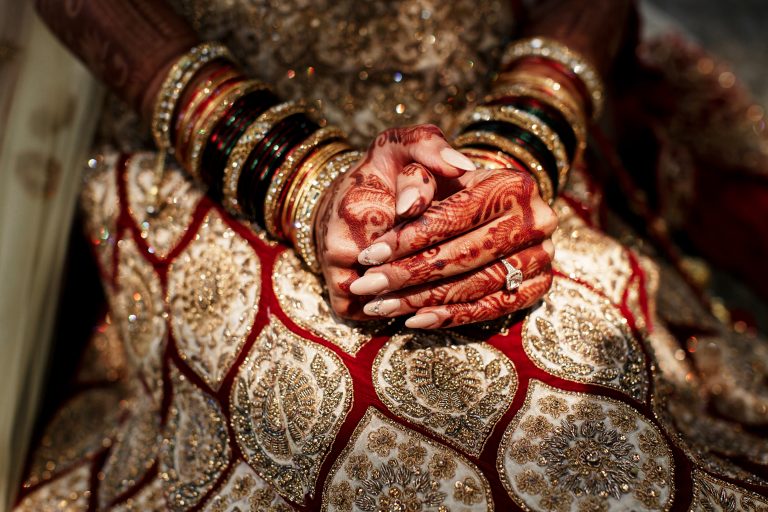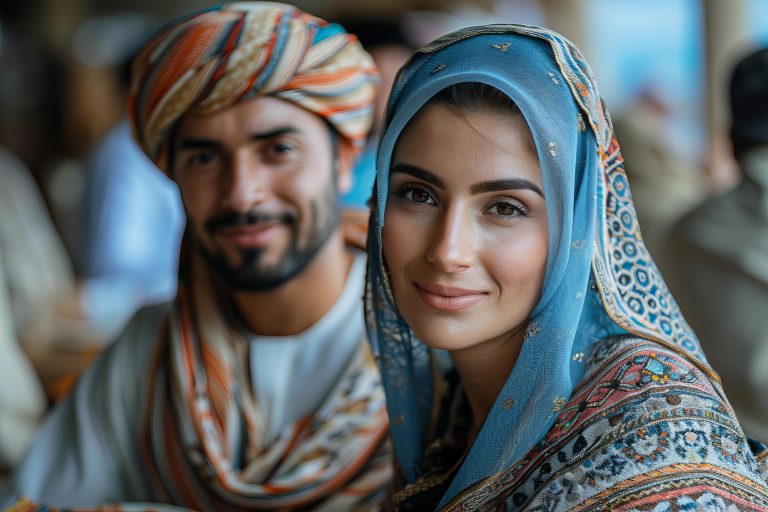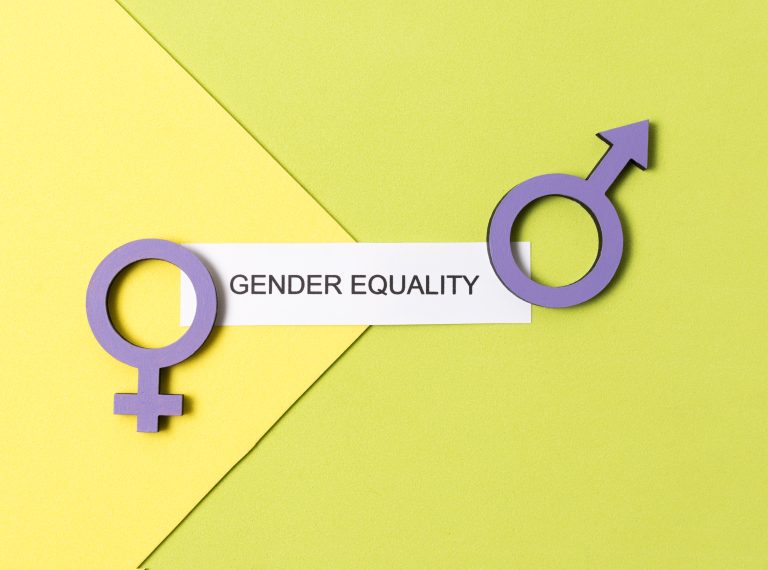Social Media – A New Era of Matchmaking
Social Media, a New Era of Matchmaking
Introduction
Imagine meeting your soulmate through a casual comment on a mutual friend’s Facebook post or discovering a shared passion for travel via an Instagram story. Welcome to the new era of matchmaking, where social media platforms are not just tools for connection but also avenues for finding love. Gone are the days when meeting a potential partner was confined to chance encounters or introductions by family and friends. Today, your next great love story could start with a simple “like”.
Social media platforms like Facebook, Instagram, and LinkedIn, along with dedicated dating apps, have revolutionized how people meet and form relationships. Here, we explore the various facets of this new era of matchmaking.
Advantages
Social media transcends geographic boundaries, allowing individuals to connect with potential matches from different cities, states, or even countries. This expands the pool of available matches far beyond local communities or traditional networks.
With millions of users on social media platforms, individuals have access to a diverse range of potential partners. This diversity can include different cultural backgrounds, professions, interests, and lifestyles, increasing the likelihood of finding a compatible match.
Many social media platforms and dedicated matchmaking services use sophisticated algorithms and artificial intelligence to suggest potential matches based on users’ preferences, behavior, and interactions. These tools analyze various factors, such as common interests, values, and compatibility metrics, to provide more accurate match suggestions.
Some platforms offer personality tests and compatibility assessments that help users understand their own traits and those of potential partners. This scientific approach can increase the chances of finding a truly compatible match. These sites are named as, Shaadi.com, Jeevansathi.com, BharatMatrimony, TrulyMadly etc.
Some platforms such as SimplyMarry.com and TamilMatrimony.com offer verification services where users can submit documents or undergo background checks to confirm their financial, marital, and health statuses. This pre-verification process can reduce the risk of deception and enhance the credibility of profiles. Knowing the health status of a potential partner can be crucial for making informed decisions, especially in contexts where genetic or chronic health conditions are a concern.
Financial information verification by the sites is done by the first step where users may be asked to submit financial documents such as income tax returns, salary slips, bank statements, or property documents. Some platforms may collaborate with third-party verification services to validate the authenticity of the submitted documents. In some cases, professional details are cross-verified with employers or through professional networks like LinkedIn.
For the Health information verification users can submit medical reports or certificates from certified healthcare providers. Some platforms might arrange for health checkups at partnered clinics or hospitals to verify the health status of the users. In certain cases, especially when genetic conditions are a concern, platforms might offer or recommend genetic testing through trusted medical facilities.
Other than this, users may need to provide divorce decrees or death certificates to verify their marital status if they are divorced or widowed. Background checks may include a criminal record check, where the user’s details are cross-referenced with police records or other legal databases. Address verification is done through utility bills, rental agreements, or through physical verification by field agents. Users might need to submit educational certificates or degrees, which are then cross-verified with the issuing institutions.
Social media platforms often highlight mutual friends or connections between users. These mutual connections can serve as cross-references, providing additional information about a potential match’s character, behavior, and background.
Users can join specific groups or communities related to their interests or cultural backgrounds. Interacting within these groups allows for cross-referencing through group members who might know the potential match personally. Sites like BharatMatrimony, CommunityMatrimony.com, EliteMatrimony allow users to leave reviews or recommendations for others. Positive endorsements from trusted friends or community members can enhance the credibility of a potential match.
Social media platforms offer various privacy settings that allow users to control who can see their profiles and personal information. This enables users to interact anonymously or semi-anonymously until they feel comfortable revealing more about themselves. Social media allows for gradual disclosure of personal information. Users can start with basic interactions and gradually share more as trust and comfort levels increase, ensuring a safer and more controlled matchmaking process.
Disadvantages
Online dating and matchmaking services rely on self-reported information from users, which may not always be accurate. This can make it difficult to verify the identity of potential partners. They are susceptible to fraudulent behavior, such as the use of fake profiles and romance scams. It’s important to be cautious and take steps to protect yourself. These services can make it difficult to get to know someone on a deeper level, as much of the communication is done online. It may take longer to establish a meaningful connection. With social media matchmaking services, there is a risk of becoming too reliant on technology and not developing the necessary social skills to form and maintain relationships in person. If a company verifies each profile by comparing it with submitted documents, it can greatly improve the reliability of the information provided. This thorough verification process helps to confirm the identity and authenticity of users, making it more difficult for fraudulent profiles to persist. It can also help ensure that the information shared on the platform is accurate, thereby reducing the likelihood of scams and misrepresentation. However, this process may also require a more stringent and potentially time-consuming approach to verification.
It can be particularly frustrating for serious individuals if they do not find a suitable match despite their genuine efforts. This frustration can arise from the time and emotional investment made in the process, coupled with the lack of successful outcomes. For those who are sincere about finding a partner, the experience can feel discouraging and disheartening, especially if they have invested considerable effort in using the platform.
Online matchmaking in the Indian subcontinent
Online matchmaking platforms such as Shaadi.com, Bharat Matrimony have gained immense popularity. These platforms offer a blend of traditional matchmaking values with modern conveniences, allowing users to filter potential matches based on various criteria such as education, profession, and family background.
Matchmaking through Astrology
Astrology, a practice deeply done in Indian culture, has long been a trusted guide for making important life decisions, including choosing a life partner. Traditionally, families consulted astrologers to match horoscopes before finalizing marriages, believing that celestial alignments influence compatibility and future marital success. This practice, known as Kundli matching, considers various aspects such as the positions of the planets and stars at the time of birth, to predict the harmony and longevity of the marital union.
In the digital age, this ancient practice has seamlessly integrated with modern technology. Numerous websites and apps now offer astrological matchmaking services, making it easier for individuals to access these services from the comfort of their homes. These platforms typically require users to input their birth details, which are then used to generate and compare horoscopes. The results provide insights into compatibility, potential challenges, and auspicious times for marriage.
One significant advantage of online astrological matchmaking is its accessibility. Sites like AstroSage and Goonj offer astrological matchmaking. People no longer need to visit an astrologer in person; they can get detailed analyses and reports online, often within minutes. These platforms also offer additional features such as personalized horoscope readings, daily predictions, and remedies to mitigate any negative influences suggested by the stars.
Despite its popularity, astrological matchmaking does face skepticism. Critics argue that there is no scientific basis for astrology and that it should not be relied upon for important life decisions. Astrology-based matchmaking can be used as one of the criteria for decision-making, but it should not be the sole criterion. While astrology might offer additional insights or compatibility assessments, it is important to consider other factors such as personal values, interests, and compatibility in practical aspects of life. Relying solely on astrology without considering these other elements may not provide a complete or well-rounded assessment for making important life decisions.
Social media has significantly influenced matchmaking in the Indian subcontinent, breaking traditional barriers and fostering more inclusive relationships.
Interfaith Relationships
Indian subcontinent where religious diversity is profound, interfaith relationships have historically faced societal and familial challenges. Social media platforms have been bridging these gaps by providing a space where individuals from different religious backgrounds can connect and communicate. Platforms like Facebook and Instagram enable users to join interfaith groups, participate in discussions, and share experiences, which can foster understanding and mutual respect. This virtual interaction often leads to real-world connections.
Interfaith couples often face significant opposition from family and society, leading to stress and conflict. Deep-rooted religious beliefs and practices can lead to misunderstandings and disagreements in the relationship. Individuals might struggle with their religious identity and how to navigate dual-faith households, especially when children are involved.
Intercaste Relationships
Social media has started to erode rigid boundaries by offering a platform where individuals can interact without the immediate knowledge of each other’s caste, socioeconomic status, education level, family background, and religious affiliations. This anonymity allows for more genuine connections based on common interests and values rather than these traditional criteria. Many matrimonial websites, such as Shaadi.com, Jeevansathi.com, BharatMatrimony, and CommunityMatrimony.com, do include these details, including caste, as criteria for matching, reflecting traditional practices in the matchmaking process.
But, Intercaste couples often face backlash from their communities and families, leading to social ostracism. Couples might face pressure to conform to traditional norms and might even be forced to hide their relationship. In some regions, intercaste relationships can lead to legal troubles and safety concerns due to honor-based violence.
Interracial Relationships
Social media plays an important role in this trend by facilitating connections across different races and ethnicities. Moreover, the visibility of interracial couples on social media helps challenge stereotypes and prejudices, encouraging broader societal acceptance.
At the same time, differences in cultural backgrounds can lead to misunderstandings and conflicts in the relationship. Couples may face racial prejudices and discrimination from society and even within their own families. Navigating multiple racial identities within the relationship can be complex, particularly when raising children.
Intercontinental Relationships/Long-distance relationships, particularly intercontinental ones, have become more feasible. In the Indian subcontinent, where many people work or study abroad, social media platforms provide essential tools for maintaining constant communication. Video calls, instant messaging, and social media updates enable couples to stay connected and share their lives despite the physical distance.
But It has some disadvantages as coordinating across different time zones can make communication challenging and lead to feelings of disconnect. The lack of physical presence can lead to loneliness and emotional strain, potentially weakening the relationship. Maintaining trust can be more challenging in long-distance relationships, with the potential for misunderstandings and insecurities.
Conclusion
Social media is a powerful tool in transforming the landscape of matchmaking in the Indian subcontinent. By breaking down barriers of faith, caste, race, and geography, it helps in fighting bad social practices and provides more options to individuals, promoting a more inclusive and connected world where relationships are based on mutual respect and shared values rather than societal expectations. However, the challenges and disadvantages associated with these relationships must be acknowledged and addressed to support the continued evolution towards more inclusive and accepting societies.
When exploring social media for finding a life partner, users should take the precautions that they should ensure the authenticity of profiles through verification processes and cross-check information. They should avoid sharing sensitive personal details until trust is established. Also be aware of inconsistencies, evasive behavior, or requests for money. Arrange to meet in public places and inform friends or family about the meeting. Lastly they should trust their instincts, something feels off or too good to be true, trust your intuition and proceed with caution.






